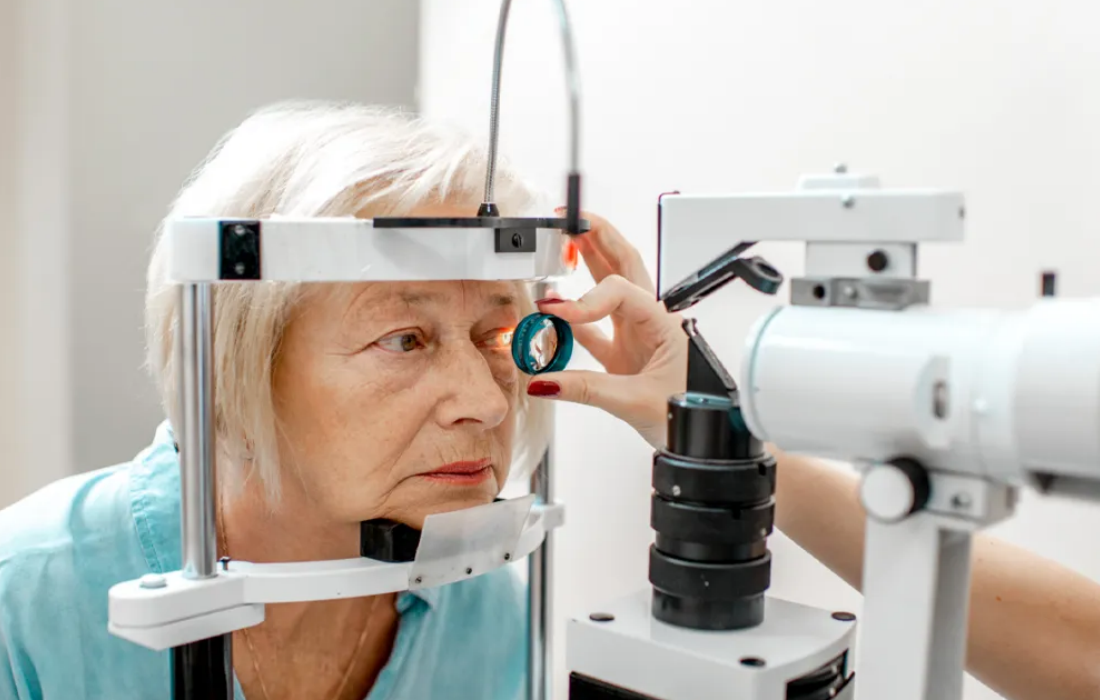Geriatrics is a branch of medicine that focuses on the health care of individuals who are aged 65 years and over, although other definitions include those between 30 to 64 years old. The word geriatrics comes from the Greek word geron, meaning “old man” and iatros, meaning “healer”. The physical changes that happen as people age can make it more difficult to take care of themselves. Aging brings a change in cognitive function (thinking skills) and coordination (hand-eye coordination).
Importance of Geriatrics
Many physical disabilities develop as people age. Some examples of these include: type 2 diabetes, arthritis, and cardiovascular disease (or heart disease). However, many of these conditions can be treated or prevented. Many other geriatric diseases are caused by nutritional deficiencies. These include: osteoporosis, cataracts and dementia (loss of memory). Geriatricians help their patients with these and other health conditions they may face as they age.

The goals of geriatrics include: helping the elderly live longer, healthier lives; decreasing the number of visits they make to their primary care physician; providing a place for the elderly to socialize; and assisting in the care of other family members.
Diagnosis of Geriatric Illnesses
Geriatricians diagnose geriatric illnesses by evaluating a person’s health history, physical examination, and lab tests. They may also refer patients to specialists when necessary. The health history involves questions about a patient’s medical, dental, and mental history. The physical examination focuses on the heart, lungs, blood vessels, nerves, and skin. Geriatricians may also test: reflexes, balance and coordination; the senses (sight and hearing); lungs; abdomen; spine; and arms/legs. Tests may also be done to evaluate a patient’s nutritional status. A geriatrician will examine the patient’s home environment to see how safe it is.
Geriatrics is a great life-long field of study. There are so many benefits of being a geriatrician, such as: being able to work with the elderly and their families; helping the elderly live longer, healthier lives; in some cases helping prevent or treat diseases that may cause death at a young age. Geriatricians can also make valuable contributions to society with research and education. Their field is improving every day.

